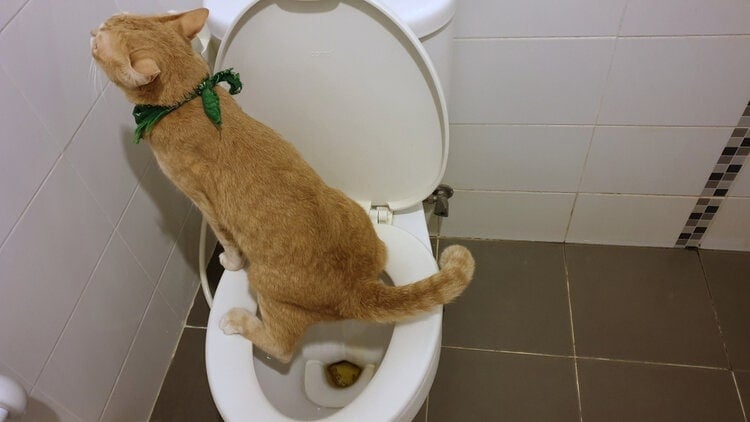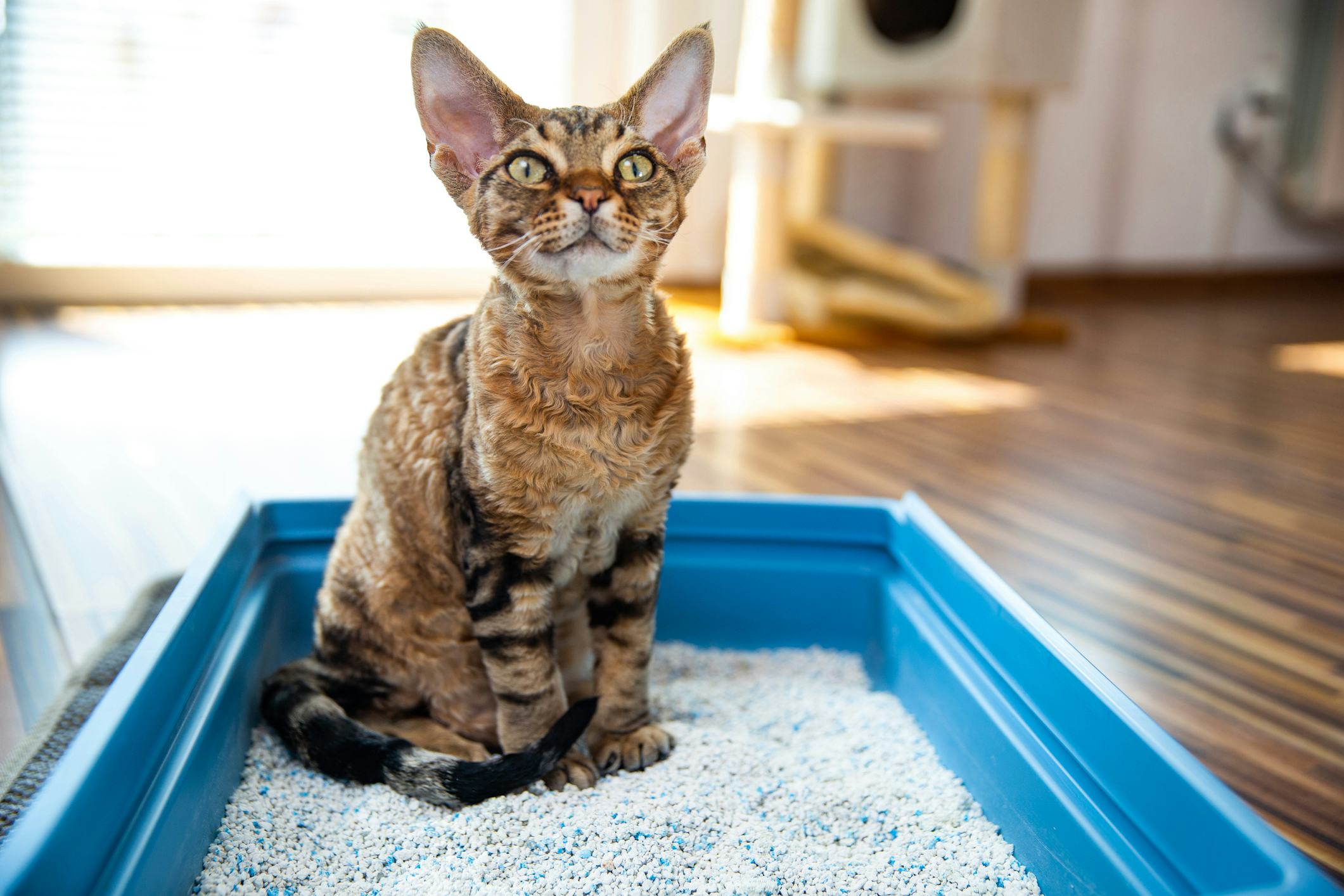Why You Should Never Flush Cat Poop Down Your Toilet - Critical Information
Why You Should Never Flush Cat Poop Down Your Toilet - Critical Information
Blog Article
We have come across this article involving How to Dispose of Cat Poop and Litter Without Plastic Bags down the page on the web and thought it made sense to relate it with you on this page.

Intro
As feline owners, it's important to bear in mind just how we throw away our feline good friends' waste. While it may appear hassle-free to flush cat poop down the toilet, this technique can have damaging consequences for both the setting and human health.
Alternatives to Flushing
Luckily, there are much safer and a lot more responsible ways to dispose of feline poop. Take into consideration the following alternatives:
1. Scoop and Dispose in Trash
The most common technique of disposing of cat poop is to scoop it right into a naturally degradable bag and toss it in the trash. Be sure to utilize a dedicated litter scoop and dispose of the waste quickly.
2. Use Biodegradable Litter
Select naturally degradable feline trash made from products such as corn or wheat. These trashes are eco-friendly and can be safely thrown away in the garbage.
3. Hide in the Yard
If you have a lawn, take into consideration hiding cat waste in a marked area away from veggie yards and water sources. Make sure to dig deep adequate to prevent contamination of groundwater.
4. Set Up a Pet Waste Disposal System
Buy a pet dog waste disposal system particularly made for cat waste. These systems use enzymes to break down the waste, minimizing smell and ecological impact.
Wellness Risks
In addition to environmental issues, purging cat waste can likewise pose health and wellness threats to humans. Cat feces may have Toxoplasma gondii, a bloodsucker that can trigger toxoplasmosis-- a potentially severe disease, specifically for pregnant ladies and individuals with weakened body immune systems.
Ecological Impact
Purging pet cat poop presents hazardous microorganisms and bloodsuckers right into the supply of water, presenting a substantial danger to water communities. These contaminants can adversely impact aquatic life and concession water high quality.
Final thought
Responsible animal possession extends past offering food and shelter-- it additionally entails proper waste monitoring. By avoiding purging feline poop down the bathroom and going with alternative disposal methods, we can reduce our ecological impact and secure human health.
Why You Should Never Flush Cat Poop Down the Toilet
A rose by any other name might smell as sweet, but not all poop is created equal. Toilets, and our sewage systems, are designed for human excrement, not animal waste. It might seem like it couldn’t hurt to toss cat feces into the loo, but it’s not a good idea to flush cat poop in the toilet.
First and foremost, assuming your cat uses a litter box, any waste is going to have litter on it. And even the smallest amount of litter can wreak havoc on plumbing.
Over time, small amounts build up, filling up your septic system. Most litter sold today is clumping; it is made from a type of clay that hardens when it gets wet. Ever tried to scrape old clumps from the bottom of a litter box? You know just how cement-hard it can get!
Now imagine just a small clump of that stuck in your pipes. A simple de-clogger like Drano isn’t going to cut it. And that means it’s going to cost you big time to fix it.
Parasitic Contamination
Believe it or not, your healthy kitty may be harboring a nasty parasite. Only cats excrete Toxoplasma in their feces. Yet it rarely causes serious health issues in the cats that are infected. Most people will be fine too if infected. Only pregnant women and people with compromised immune systems are at risk. (If you’ve ever heard how women who are expecting are excused from litter cleaning duty, Toxoplasma is why.)
But other animals may have a problem if infected with the parasite. And human water treatment systems aren’t designed to handle it. As a result, the systems don’t remove the parasite before discharging wastewater into local waterways. Fish, shellfish, and other marine life — otters in particular — are susceptible to toxoplasma. If exposed, most will end up with brain damage and many will die.
Depending on the species of fish, they may end up on someone’s fish hook and, ultimately on someone’s dinner plate. If that someone has a chronic illness, they’re at risk.
Skip the Toilet Training
We know there are folks out there who like to toilet train their cats. And we give them props, it takes a lot of work. But thanks to the toxoplasma, it’s not a good idea.

Do you really like reading up on Don’t flush cat feces down the toilet? Write a remark down below. We'd be pleased to hear your opinions about this write-up. Hoping to see you back again soon. In case you liked our post if you please be sure to pass it around. I appreciate reading our article about Don’t flush cat feces down the toilet.
Click Here Report this page